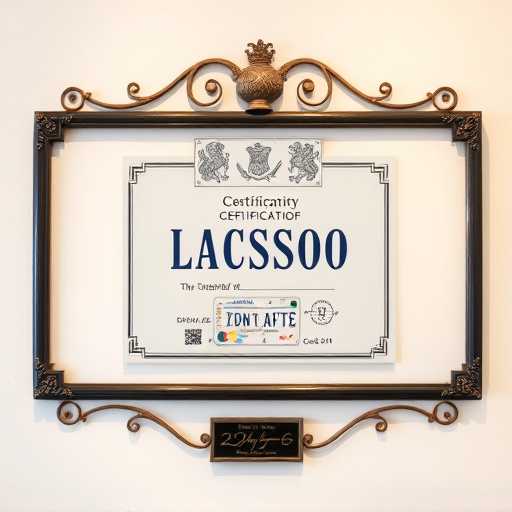Disposable filter intake systems are crucial for device performance, capturing pollutants and maintaining airflow. A shift from paper to synthetic alternatives is gaining traction due to their environmental friendliness, superior filtration efficiency, durability, and cost-effectiveness. When choosing a replacement for disposable filter intake systems, consider the benefits of synthetic materials over traditional paper, despite initial costs, as they offer better performance, reduced waste, and long-term savings.
In today’s eco-conscious world, understanding the impact of our choices is paramount. When it comes to automotive air filters, the debate between traditional paper filters and synthetic alternatives has gained traction. This article explores the shift towards synthetic disposable filter intake systems as a viable replacement option. We delve into the benefits, features, and performance advantages, while also conducting a comprehensive analysis of their environmental impact and cost-effectiveness.
- Understanding Disposable Filter Intake Systems: An Overview
- The Rise of Synthetic Alternatives: Benefits and Features
- Comprehensive Comparison: Environmental, Performance, and Cost Analysis
Understanding Disposable Filter Intake Systems: An Overview

Disposable filter intake systems, also known as air filters, are designed to improve the quality of air entering various devices and vehicles. These systems are crucial components in maintaining optimal performance and efficiency, especially in engines and industrial equipment. The primary function is to capture and remove pollutants, dust particles, and other contaminants from the incoming airflow, ensuring smoother and cleaner operation.
Regular replacement of these disposable filters is essential for several reasons. Over time, as the filter accumulates debris, its effectiveness diminishes, leading to reduced air flow and potential damage to the system. By replacing them promptly, users can guarantee uninterrupted device functionality and prevent costly repairs. Moreover, many modern disposables are engineered with advanced media that capture a wide range of particles, offering enhanced protection in diverse environments.
The Rise of Synthetic Alternatives: Benefits and Features

In recent years, there has been a significant shift away from traditional paper products toward synthetic alternatives, particularly in the realm of disposable filter intake systems replacement. This trend is driven by several compelling factors that highlight the benefits and features of synthetic materials. One of the primary advantages is their environmental friendliness; synthetic filters are biodegradable, reducing waste in landfills and the impact on ecosystems.
Additionally, these synthetic alternatives offer enhanced performance compared to paper. They are designed with advanced materials that provide better filtration efficiency, ensuring cleaner and healthier water or air intake. Moreover, synthetic filters are often more durable, withstanding rigorous use without compromising integrity, making them a cost-effective solution for disposable filter intake systems. This shift not only benefits the environment but also offers improved functionality and longevity for consumers.
Comprehensive Comparison: Environmental, Performance, and Cost Analysis

In the quest for sustainable solutions, a thorough comparison between paper and synthetic materials is essential, especially when considering their environmental impact, performance capabilities, and cost-effectiveness in disposable filter intake systems replacement. The environmental analysis reveals that paper, being a renewable resource, has a lower carbon footprint during production compared to synthetic alternatives. However, the disposal process for paper filters often leads to higher waste generation due to their inability to decompose quickly in certain conditions.
Performance-wise, synthetic materials have shown superiority in terms of filtration efficiency and longevity. They are designed to trap finer particles, ensuring cleaner air or liquid. Moreover, synthetic filters can be cost-efficient in the long run despite their initial higher price point. This is attributed to their extended lifespan, reduced need for frequent replacements, and the ability to maintain consistent performance over time, which significantly impacts the overall cost of disposable filter intake systems.
In light of the above discussions, it’s clear that while disposable filter intake systems have been the traditional choice, synthetic alternatives offer a compelling case for their adoption. The environmental benefits, improved performance, and competitive pricing make synthetic filters an attractive option for those seeking to replace disposable systems. As we move forward, considering the long-term impact on both our wallets and the environment, embracing synthetic solutions could be a game-changer in the quest for more sustainable practices.














